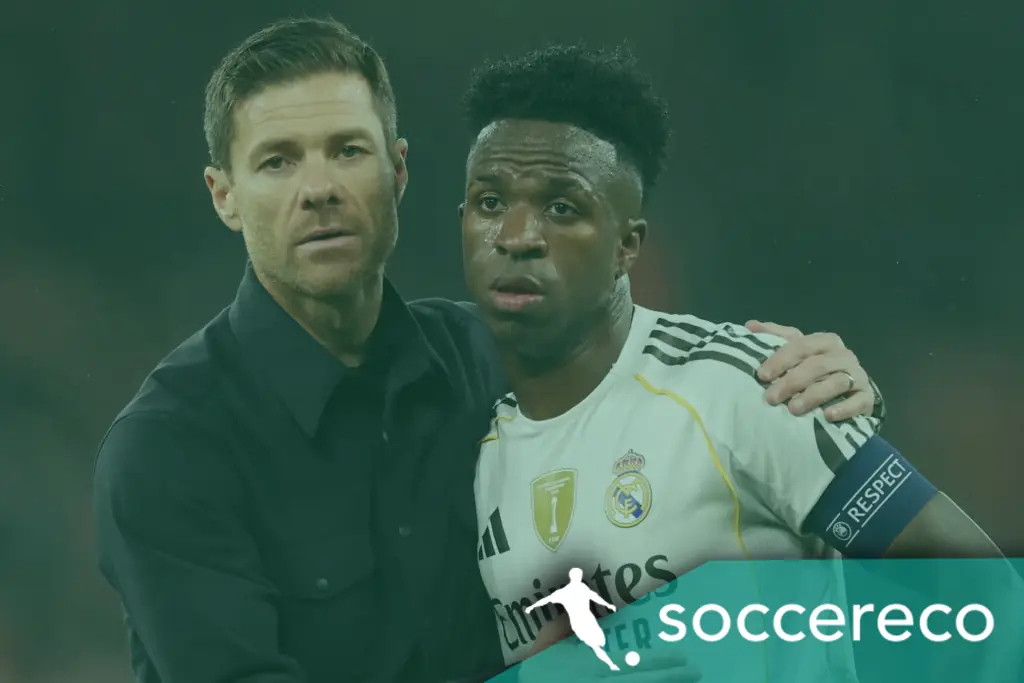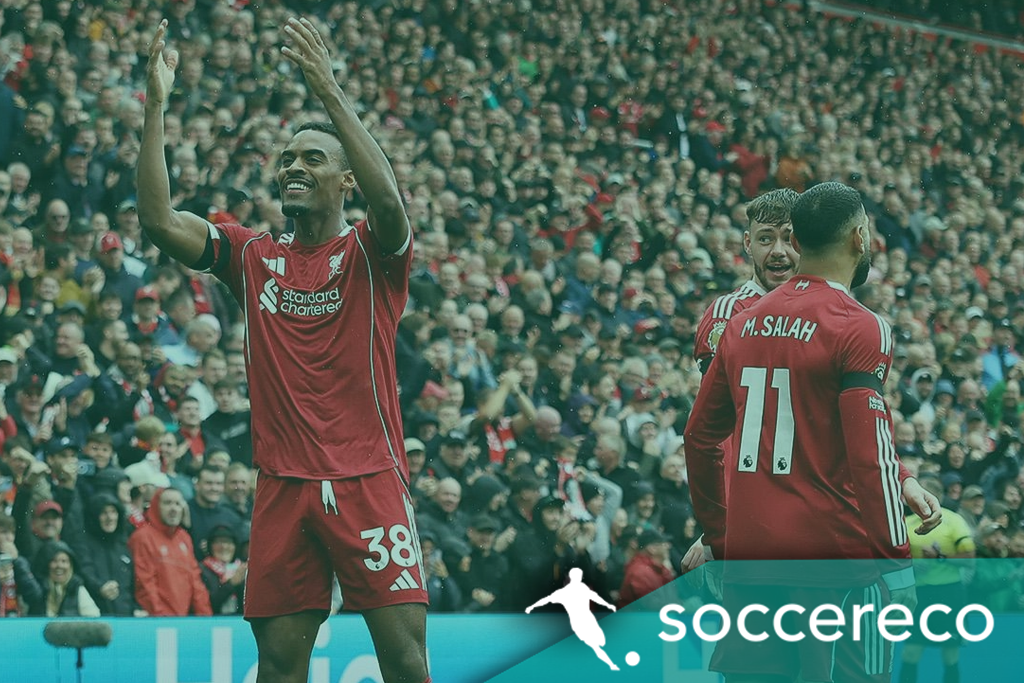Pep Guardiola believes that every team is allowed to have a bad day, including Manchester City. Last week, they struggled to win against Brentford (2-1) and had a tough time against Inter Milan in the Champions League (0-0). Without any specific reason, the Spanish manager referred to the legal case currently ongoing against City.

Manchester City is currently under scrutiny, facing accusations of committing 115 violations of financial regulations, which could lead to severe consequences such as a significant points deduction or even exclusion from the competition.
These allegations have cast a shadow over the club's recent performances, and head coach Pep Guardiola has not shied away from addressing the matter. Ahead of the highly anticipated clash against Arsenal, Guardiola once again alluded to the ongoing investigation when discussing the recent criticism of his team’s form.
Guardiola’s frustrations seem to stem not only from the looming legal case but also from the broader narrative that is building around his team. He emphasized that it’s natural for teams, including his, to have occasional bad days, but the reaction is often exaggerated. 'You can have a bad season, but when it comes to individual matches, people always immediately say it was a disgrace, disastrous, and unacceptable,' Guardiola remarked. He continued to defend his team, insisting that even though City may face occasional struggles, it doesn’t mean they should be vilified. The Spanish manager’s passion for defending his club was evident as he stated, 'I want to defend my club, especially now when everyone not only expects us to be relegated but to disappear from the face of the earth.'
His frustration is not only about criticism of the team’s performance but also how it has been framed in the context of the broader challenges facing the club. Guardiola seems to believe that the scrutiny over the alleged financial misconduct is feeding into people’s perceptions of City’s play on the pitch. He further remarked that City’s style of play often lauded for its beauty is misunderstood by some as being impractical or insufficient for grinding out results. In response to this, he stated, 'Usually, we have a better day than the opponent, which is why we win a lot. It’s not that difficult. And I believe in the way we play. We play incredibly pragmatically. As the best in the world, I would say. Sorry, but it's the truth.'
Guardiola went on to specifically address the notion that City only plays “beautiful football” but struggles when it comes to grinding out results. He rejected this criticism, explaining his team's approach as both effective and pragmatic. 'I want the opponents to have to defend in their own penalty area for 95 minutes. Because then the ball is far away from our goalkeeper. If the ball is closer to our goal, that’s when it becomes dangerous. I prefer not to have the ball there, that’s pragmatic,' he explained. The idea is simple: by keeping the ball in the opposition’s half, City minimizes the risk of conceding, which is a form of pragmatism that is often overlooked.
Looking ahead to the crucial match against Arsenal, Guardiola acknowledged that there may be occasions where City faces tougher opponents, such as Arsenal, who might outplay them on the day. But he emphasized that this is no cause for alarm. 'It’s not immediately a disaster. Sometimes you win, sometimes you lose. They are a top team because they are solid in every aspect,' he said. He went on to praise Arsenal’s tactical flexibility, pointing out their ability to build up play with players like Timber and Zinchenko, while also being effective at winning second balls when forced to go long.
Ultimately, Guardiola’s message was clear: City’s occasional struggles, whether on or off the pitch, do not define them. He remains confident in his team’s ability to perform at the highest level and is determined to protect the club’s reputation in the face of adversity.
Updated: 01:20, 22 Sep 2024








